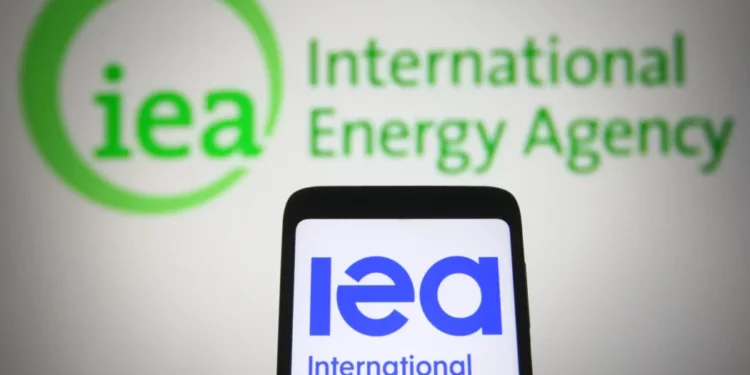The International Energy Agency (IEA) has stressed a new point, warning of broader energy shortages as spending on new and existing oil and gas projects suffers funding shortfalls.
In a report released this week titled ‘The Implications of Oil and Gas Field Decline Rates, ’ the agency reported that, if all spending on new and existing projects stopped at the end of this year, oil output would fall to 42 million barrels a day (mm b/d) by 2035 and to just 15 million b/d by 2050.
The report said that gas output would drop to 1.6 trillion m³/yr and 500bn m³/yr by 2050.
The IEA said that if all upstream investment were to stop now, global oil output would fall by 8pc/yr and gas by 9pc/yr over the next decade. This equates to annual declines of 5.5mn b/d for oil — equivalent to the combined production of Brazil and Norway — and 270bn m³/yr for gas — equal to Africa’s current output — it said. In 2010, the agency added that natural decline rates would have only led to a fall of 3.9 million b/d in oil and 180bn m³/yr in gas.
According to the IEA, declining output at oil and gas fields requires substantially higher upstream spending to maintain steady output compared with previous decades.
The Paris-based Agency estimates that around $500bn/yr has been spent globally to offset natural field decline since 2019, around 90pc of total upstream investment. However, only $360bn/yr would have been needed had decline rates remained at the 1980s levels.
According to the IEA, global oil output stood at 100mn b/d in 2024, while gas output reached 4.3 trillion m³. The Agency says that modest production growth could continue if upstream investment continues at 2025’s estimated $570bn.
The IEA identifies three key drivers of higher decline rates.
First, the world now relies more on unconventional sources such as tight oil and shale gas, particularly from the US, which decline faster than conventional fields.
Second, conventional oil supply includes more natural gas liquids (NGLs) and a greater share from offshore deepwater fields, which decline faster than onshore fields. Offshore gas fields also account for a larger share of global output and are harder to sustain.
Third, oil output is about 20pc higher than in 2010, and gas output is 30pc higher. This means declines today are from a higher base, leading to greater annual losses in absolute terms.
The IEA said that even with continued investment in existing production, oil output would still fall to 51 million b/d by 2050 and gas to 2.3 trillion m³/yr.
To maintain 2024 output levels through to 2050, the world would need an additional 47mn b/d of oil and 2 trillion m³/yr of gas from new projects not yet approved, the IEA estimates — “potentially accompanied by decisions to bring online some of today’s spare oil production capacity”.
Both investment needs and output requirements will ultimately depend on the trajectory of oil and gas demand over the coming decades.
The IEA sees oil demand peaking in 2029 at 105.5mn b/d. In contrast, Opec expects consumption to continue rising to 122.9mn b/d by 2050, with no peak in sight.
The Organisation of Petroleum Exporting Countries (OPEC) responded to the report by saying the IEA was contradicting its earlier work. “The IEA has not referenced how its own advocacy of its Net Zero Emissions Scenario or its own prognosis of peak oil demand have discouraged investments and contributed to uncertainty about long-term oil demand,” OPEC said.



